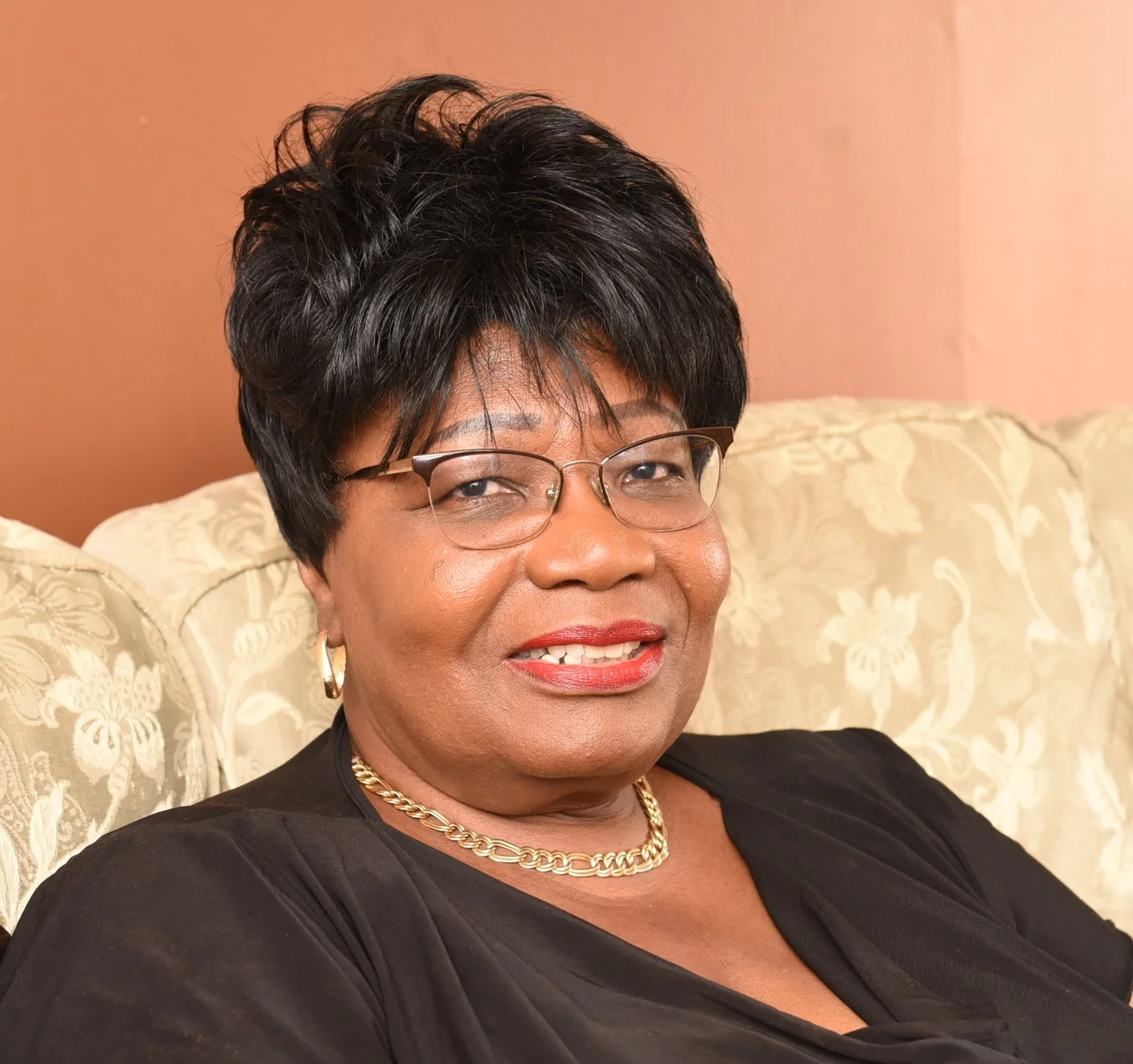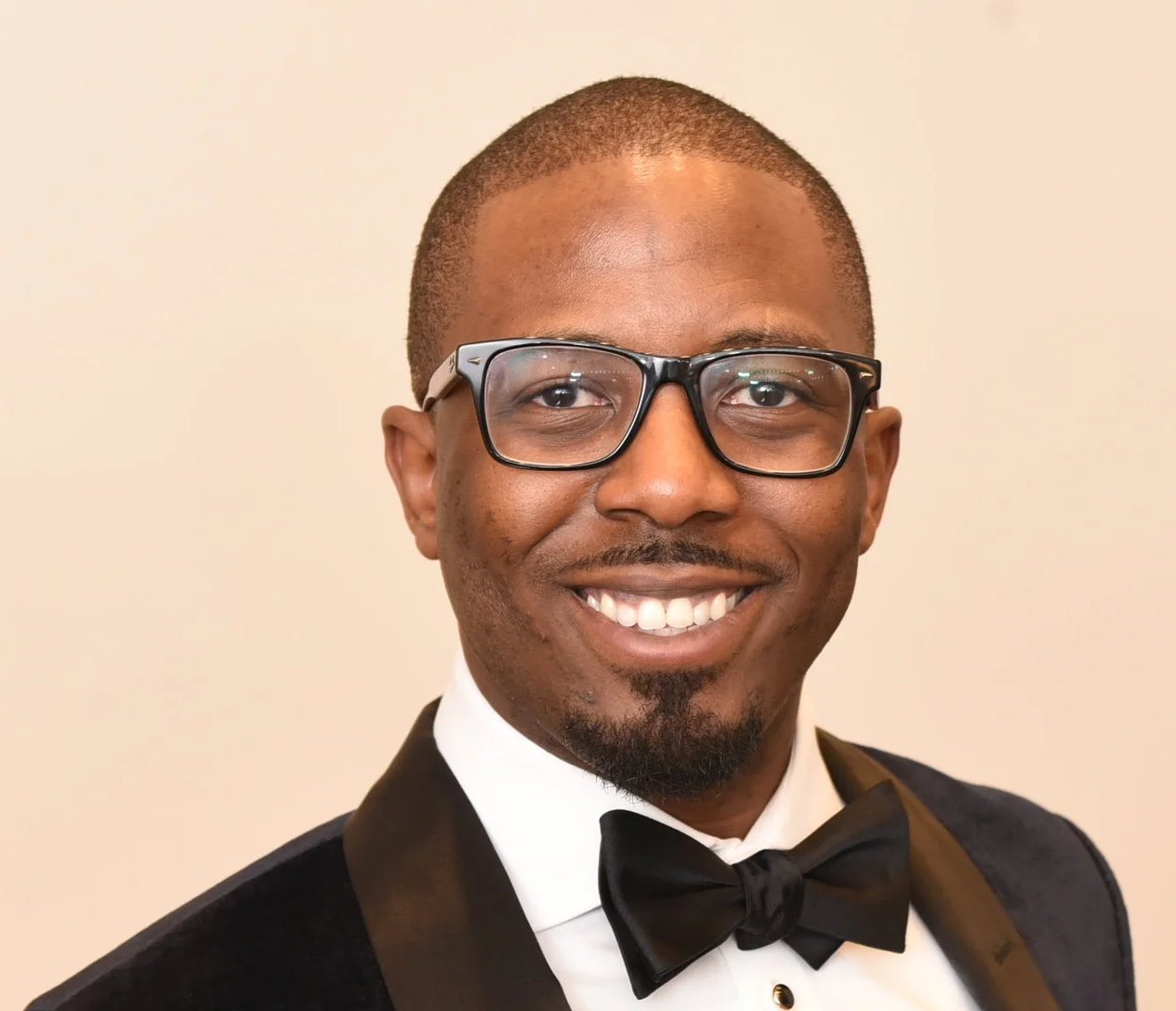St. Vincent & Grenadines to get more national heroes
March 29, 2018
Sometime this year, St. Vincent & the Grenadines (SVG) only national hero -- Joseph Chatoyer -- is expected to have company.
Four names, two of which had connections to Canada, have been submitted to Prime Minister Ralph Gonsalves who chairs cabinet which will make the decision.
Rene Baptiste, who chaired the National Heroes Advisory Committee appointed in October 2012, said Milton Cato, Ebenezer Joshua, John Eustace and George McIntosh are the people’s choices.
“There were about 15 submissions, but those were the names that were constant and they fulfilled the requirements,” said Baptiste while in Toronto recently for a National Heroes Day luncheon organized by the local St. Vincent & the Grenadines Support Group.
National Heroes Day is observed on March 14.
To be considered a national hero, individuals must be born in SVG and be deceased, made heroic sacrifices and contributed significantly to the economic, political and social development.
A member of the First Canadian Volunteer Army, Cato served in World War II before returning home to co-found and lead the St. Vincent Labour Party in 1956. Entering the House of Assembly in 1961, he led the opposition until 1967 when he assumed the office of chief minister following his election victory. His title changed to Premier two years later when the islands’ achieved associated statehood which was a step away from independence secured a decade later.
He served as the first Prime Minister for five years before his party lost to Sir James Mitchell’s New Democratic Party. A man of integrity, Cato – who was called to the Bar in 1949 – died in February 1997 at age 81.
St. Vincent’s first chief minister from 1956 to 1967, Joshua and his wife started the People’s Political Party as the political arm of the Federated Industrial Allied Workers Union. He died in March 1991 at age 82.
Eustace established a secondary school at age 21, introduced volleyball to the island in the early 1950s and went on to become the islands’ first optometrist.
The self-taught linguist, who was fluent in French, Spanish, Latin and Greek, married Canadian missionary Minnie Hubble who was a member of the Plymouth Brethren local churches. She went to SVG in 1934, tied the nuptial knot with Eustace two years later and remained on the island until her death in October 1987. Her husband died two years later at age 84.
A trained pharmacist, McIntosh was a founding member of the St. Vincent Representative Government Association formed in 1919 to advocate for the rights of coloured people. He also co-founded the St. Vincent Workingmen’s Cooperative Association that doubled as a trade union and political party.
McIntosh passed away in 1963 at age 77 after a brief illness.
Chatoyer was declared SVG’s first national hero on March 14, 2001.
“That was a great honour for me because I got the opportunity to introduce the legislation in parliament,” said Baptiste.
For almost two centuries, the indigenous Carib population in St. Vincent succeeded in staving off European attempts at colonization. With Britain and France closing in by the 1770s, the native population rebelled in 1772 and – led by Chatoyer – forced the British to sign a treaty with them.
The signing was historic in that it marked the first occasion that Britain had signed an accord with indigenous people in the Caribbean.
The British, however, had no intention of honouring the treaty and Chatoyer was killed on March 14, 1795 by a battalion of British soldiers led by General Ralph Abercromby.
Baptiste said Chatoyer was a popular choice.
“The national youth council was at the forefront of the advocacy for a national hero a few decades ago,” added Baptiste who was the United Labour Party West Kingstown representative in parliament from 2001 to 2009.
Years later, legal luminary Adrian Saunders may be considered for national hero status.
Right now, Vincentians are celebrating his ascendancy to the presidency of the Caribbean Court of Justice (CCJ) established in August 2005 with a dual jurisdiction as a final appellate court for those member states that wish to use its services and as an international court with the exclusive jurisdiction to interpret and apply the revised Treaty of Chaguaramas and to decide disputes arising under it.
Called to the SVG Bar in 1976 which was a year before Saunders, Baptiste hailed the appointment.
“Adrian is an extraordinary scholar, a deep thinker and someone who is very sound,” she said. “He went to Cave Hill whose Faculty of Law was just two years old at the time and going through birthing pains.”
In private practice for 19 years, Saunders served as an Eastern Caribbean Supreme Court (ECSC) judge in 1996, a High Court judge the following year, a judge in Montserrat and Anguilla for four years up until 2001 and a judge in St. Lucia for two years.
He was an ECSC Justice of the Appeal in 2003 and acting chief justice of that court before joining the CCJ that adjudicates cases from Guyana, Barbados, Belize and Dominica.
Other countries have not signed on for myriad reasons, ranging from concerns over the court’s independence to the cost of holding referendums to effect the required constitutional change and political expediency.
“In some countries, it’s easier to accede to the treaty,” said Baptiste. “In others, you have to have certain legislative formula to get you there. That route can be by way of referendum or changing the law entirely. To do a referendum, the threshold is pretty high at 66 per cent.”
Baptiste said Caribbean people are concerned that the judges will not be able to make sound and fair decisions without political interference.
“There is that voice that keeps saying, ‘These judges are too close to the citizenry and they will be prejudiced and compromised’,” she said. “I believe that thinking is beginning to change because of some landmark judgments.”
The CCJ ruled in favour of Jamaican Shanique Myrie who, the Caribbean community judicial institution found was wrongfully denied entry into Barbados, subjected to a humiliating cavity search and unlawfully detained overnight in a cell and expelled from the country.
In April 2015, the Court affirmed the rights of the Mayan indigenous communities over their traditional lands in Belize.
“These cases have given us the confidence that other Caribbean countries will join,” said Baptiste. “They are seeing what’s happening and gradually beginning to separate it from their political partisanship. We are beginning to feel that we can judge ourselves. In due course, it will happen.”
While vacationing in Toronto in November 2006, Saunders brushed aside concerns about the quality of the court judges, adding that the Caribbean has always had a strong tradition of erudite judges.
He said Caribbean people must overcome the depressing history of subjugation and colonialism and appreciate the valuable and meaningful contributions that their own nationals bring to professional and social spheres.
“People don’t seem to sufficiently understand the damage that colonialism has done to the way we think,” Saunders said at the time. “A lot of us still think that because it’s foreign, it has to be better. We still don’t seem to have a proper appreciation for the value of our own. In fact, it seems that we have to have other people outside the region recognize the best among us in order for us to be called the best.”
Saunders was a member of the ECSC that handed down the historic decision in determining that the death penalty should be outlawed as cruel and inhumane and that there should be some discretion in deciding whether, in any particular case, a convicted murder should be hanged or not.
The Privy Council upheld the decision.
In 2004, CARICOM’s Prime Ministerial sub-committee on cricket appointed Saunders – a former national table tennis player and a cricket enthusiast – to act as a judge-advocate and deliver a binding ruling on a heated contract dispute between Cricket West Indies and the West Indies Players Association.






